Worship & Prayer Services
Please see our home page for links to join these services and access the service bulletins.
regular sunday and week day Service schedule
We are meeting in-person on Sundays for Eucharist in the church nave at 9:30am. We will also be streaming the service via YouTube for those unable to attend in the building. Please see our YouTube page for more information. Please see our home page for links to join Sunday services and access the service bulletin.
Tuesdays at 12:00 Noon
Contemplative Prayer, in Parish Hall and on Zoom
Wednesday Nights at 8:30 p.m.
Compline - Zoom
Fridays at 8:00 a.m.
Morning Prayer - Zoom
For Compline and Morning Prayer visit The Online Book of Common Prayer and contact the office for a Zoom invite.
Assistance for the hearing impaired is available during the service. Bring your FM radio and headphones or ask an usher for ones you can use during the service. Hear the entire service in crystal clear tone on channel 87.7!
We hope to see you soon! Please join us.
In-person services and streaming
Service of Installation of our new Rector in 2022
FREQUENTLY ASKED QUESTIONS
WHAT SHOULD I EXPECT WHEN I VISIT AN EPISCOPAL CHURCH?
As you enter, you will notice an atmosphere of worship and reverence. It is the custom of the Episcopal Church that before worship and during communion, silence is maintained for the love of God and for our neighbors. This is a time of prayer.
Episcopal churches are built in many architectural styles, but whatever the size or design, the focus is on the altar, or holy table, and on the cross. So, our thoughts are taken at once to Christ and to God whose house is the church. On or near the altar, candles remind us that Christ is “the light of the world” (John 8:12). Often, there are flowers to beautify God's house and to recall the resurrection of Jesus. On one side at the front of the church, there may be a lectern for the proclamation of the word. The scriptures are read here, and on the other side is the pulpit where the sermon is preached.
HOW CAN I FIND MY WAY THROUGH THE SERVICE?
The Episcopal Church uses the Book of Common Prayer, 1979, for its worship. It contains the Service of Holy Communion as well as the offices of Morning Prayer and Evening Prayer; the Pastoral offices and other services that we use. The Book of Common Prayer is the red or black book in the pew rack. In addition, we have a Hymnal, 1982, which is the blue book in the pew rack. The Order of Worship is found in the bulletin you receive as you enter the church. It contains page numbers where the various parts of the service may be found. For the most part, the hymn numbers may be found on our two hymn boards found on the wall at the front of the church. Occasionally, the priest or lay reader will announce a page number. Furthermore, the person who is sitting next to you or in front of you will gladly assist you. Generally, we stand to sing hymns and hear the gospel, to praise God at the time of the offertory, and for the beginning of the Eucharist. We sit to listen to the lessons, the sermon, and the announcements; and we stand or kneel to pray the collects, the Prayers of the People; the Consecration and the post-communion prayer.
HOW DO I RECEIVE COMMUNION?
When you kneel or stand at the altar rail, you will be given a wafer of consecrated bread and a sip of consecrated wine from a small compostable cup. You may choose to receive the bread alone. We believe Christ is fully present in both of the elements.
The usual way to receive the bread is to place your right hand in your left and to extend your open palms toward the server. You will be offered a small cup of wine to drink and then drop into a tub on your way from the altar rail. You may choose not to receive the wine.
If you do not wish to receive communion, you may come to the altar rail to receive a blessing from the priest. Please indicate this by folding your arms across your chest.
WHAT ABOUT CHILDREN RECEIVING COMMUNION?
Children are encouraged to come to the altar rail with their parents. Parents are best qualified to determine if their child is ready to receive the sacrament. Those children who do not receive communion will receive a blessing.




